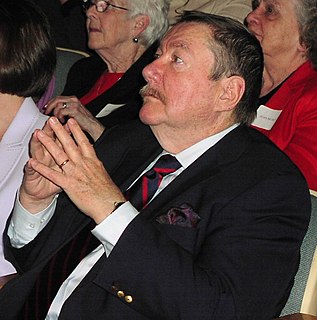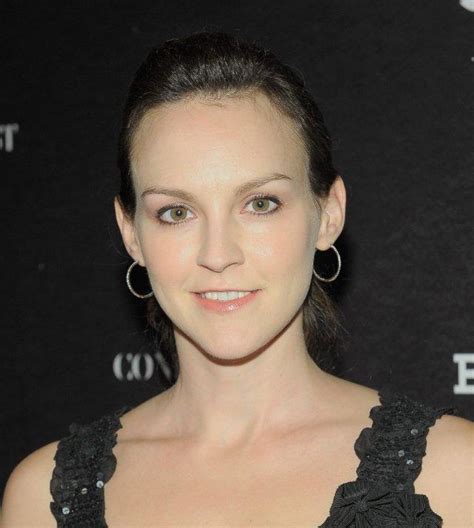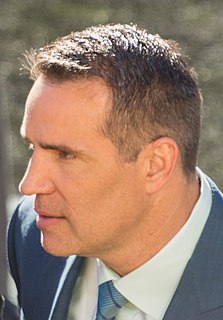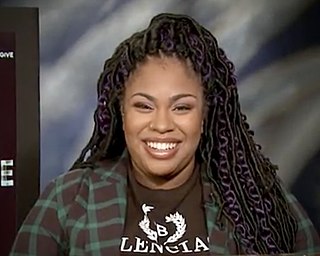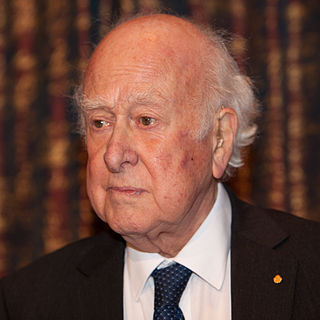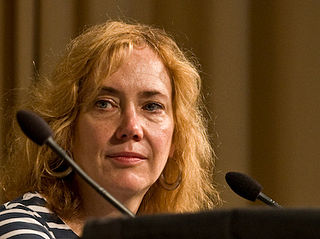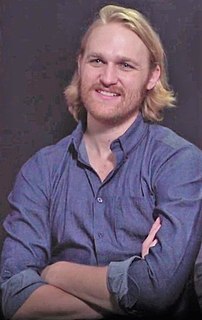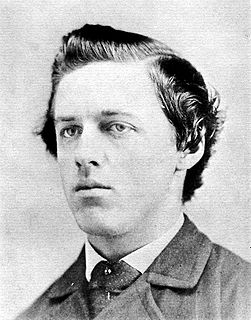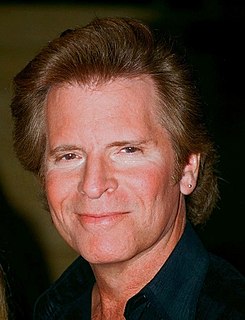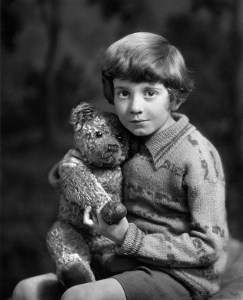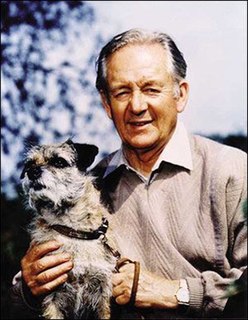A Quote by Robert B. Parker
College had little effect on me. I'd have been the same writer if I'd gone to MIT, except I'd have flunked out sooner.
Related Quotes
I liked Edinburgh as a university in a way that I'd never enjoyed King's College London. I realised after I came to Edinburgh that perhaps it was a mistake to have gone to a college which was bang in the centre of a vast city. It had a bad effect on the social life of the students because a lot of them were commuting from outer London.
College was pivotal for me. It broadened my horizons, taught me to think and question, and introduced me to many things - such as art and classical music - that had not previously been part of my life. I went to college thinking that I might teach history in high school or that I might seek a career in the retail industry, probably working for a department store, something I had done during the holidays while in high school. I came out of college with plans to do something that had never crossed my mind four years earlier.
I went to college to study drama where I discovered I had no talent and after a period of dropping out majored in cultural anthropology which of course meant more masks and dancing. I studied what interested me and so I had to become a writer because my education had left me unsuited for a decent well-paying job.
I had in effect been thrown out of graduate school because I was a lousy graduate student, and I had to find a job, and I took the first job that came along. It happened to be a management trainee job in a life insurance company, and I just stayed. It was always, mainly, the idea was that I would support myself as a writer, and I knew I would have to have some sort of work, and it didn't make a whole lot of difference to me what it was. I mean, I could have been a paper hanger or something for that matter.
Once I got to college, it seemed that the Hamptons were a little bit too posh for me and didn't represent the kind of values I was embracing in my late teens. So, I didn't go out there, except to visit my parents, for a long time. And then, after 9/11, I discovered it was a nice, mellow place to hang out.
Over the years I knew her she always looked at me like that - as though I was a quite pleasant but amusing object - and it always did the same thing to me. It's difficult to put into words but perhaps I can best describe it by saying that if I had been a little dog I'd have gone leaping and gambolling around the room wagging my tail furiously.
